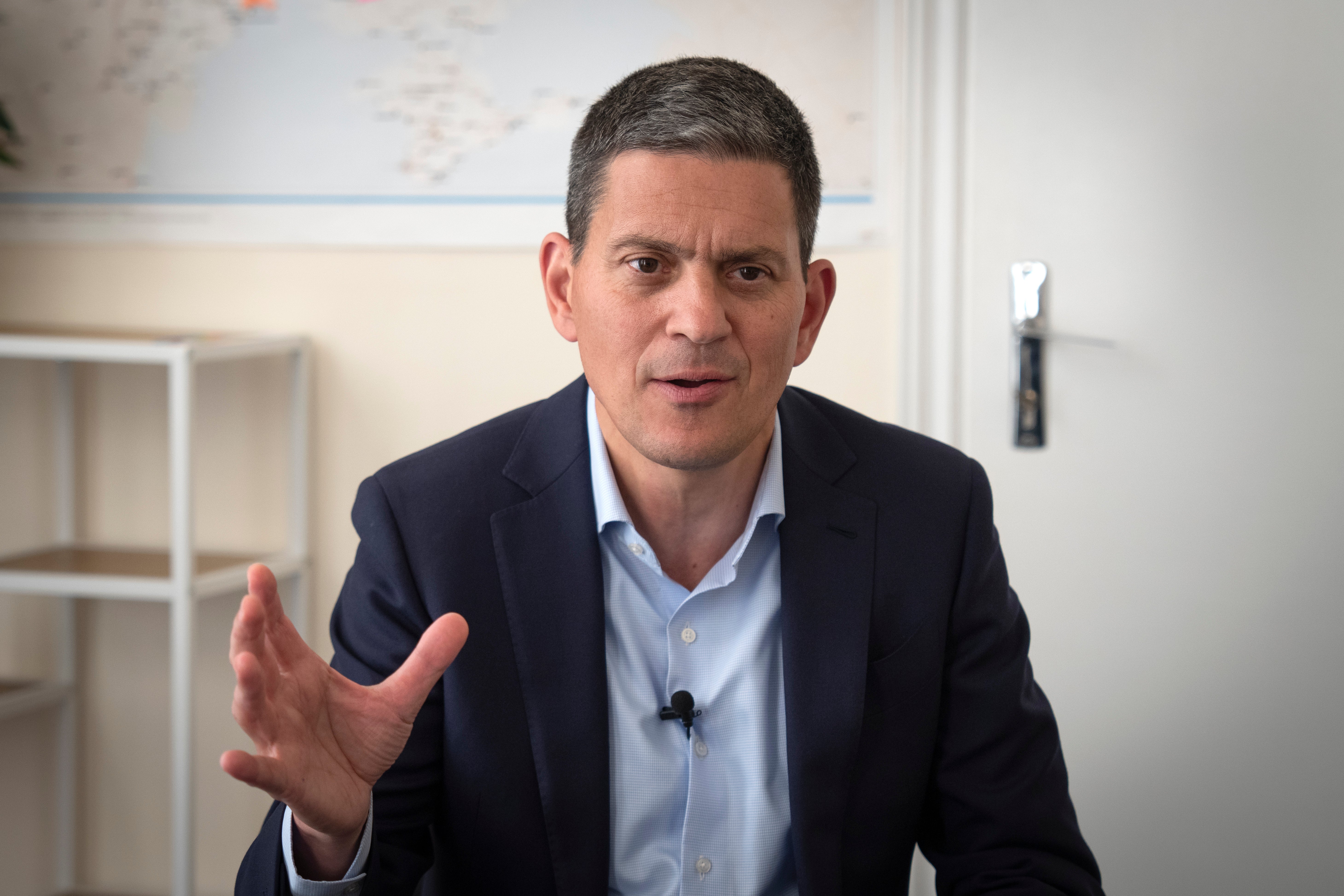International aid is under siege as never before. The largest aid donor, the US, has cut over 80 per cent of grants and contracts. The UK has announced dramatic cuts too. Yet the number of people in humanitarian need (more than 300 million) is at record levels.
We need a new approach that is intellectually coherent and politically robust. We need to stop using the words “development” and “aid” interchangeably. Only by distinguishing between the two can we mitigate the consequences of aid cuts and contribute to the global war on poverty.
Any review of the last 30 years shows that foreign aid has not been the principal driver of development. Countries such as India, Ghana, South Korea, China and Vietnam, which have achieved remarkable reductions in poverty, developed because of markets at home, market access abroad, better governance and remittances.
Today, the primary driver of extreme poverty is conflict rather than underdevelopment. In 1990, fewer than 10 per cent of the extreme poor lived in conflict-affected states. By 2024, it was more than 50 per cent. The World Bank projects it will rise to 65 per cent by 2030.

This should sharpen our understanding of aid’s purpose. It is most needed where markets fail, where governments are too fragile to act, and where urgent humanitarian need overrides all else. That is why aid budgets should be focused – not diluted – on the poorest people in the most hostile environments.
However, 2024 figures show that only 14 per cent of global Official Development Assistance went to humanitarian relief, and just 10 per cent to health. Sixty per cent of bilateral aid was spent on global public goods, including mitigating climate change and limiting the spread of infectious disease. These are vitally important, but investment in them is coming at the expense of support for the poorest. Worse still, donor countries such as the UK now spend significant proportions of their aid budgets at home on refugees and asylum seekers, undermining the very notion of “overseas aid”.
So aid is spread thin at a time when need is deep and concentrated. And, even as need is shifting from a primarily developmental challenge to one rooted in fragility and conflict, the aid system still defaults to working through governments, which are frequently either too weak or too compromised in conflict settings.
Here is what needs to happen next:
First, we should recognise the centrality of international economic policy. Rising interest rates sucked nearly $200bn from developing countries in 2023 alone – equivalent to the entire aid budget. Aid cannot compete with capital outflows. We need new instruments: humanitarian debt swaps, climate-contingent debt pause clauses and debt relief that links repayment to outcomes.
Second, we must back aid innovations with more than just pilot funds. The International Rescue Committee’s (IRC) work with anticipatory action models – such as “Follow the Forecast” – has demonstrated how AI can predict and mitigate climate shocks before they happen. Our new AI-powered diagnostic tools for health workers in remote areas show how innovation can be both cost-effective and life-saving. Such tools require upfront investment, pooled risk and public-private collaboration.
Third, we should focus aid where it does the most good. The UK’s much-diminished commitment to spend 0.3 per cent of GNI (Gross National Income) on aid should mean 0.3 spent on overseas aid, not domestic refugee hosting costs. Aid should follow both need and evidence, targeting a smaller number of countries exposed to intersecting risks of conflict, poverty and climate shocks, and organised through programmes proven to work. Because conflict cuts off aid to those who need it most, we will need to better utilise civil society channels. Development actors such as the World Bank should make partnering with NGOs the norm, so that aid flows directly to people when the state is unable or unwilling. As a major World Bank shareholder, the UK can be a critical voice in calling for this reform.
Fourth, we must drive cost-effectiveness. The IRC’s analysis shows that moving from one-year to multi-year grants can increase efficiency by up to 30 per cent. Bundling services such as immunisation and malnutrition treatment could yield another 20 per cent. And moving from input-based to outcome-based accountability systems would drive further gains.
Fifth, donors need to work together. The UK reset with the EU should embrace shared endeavours on aid. The EU is becoming an aid superpower, with the networks, systems and processes to match. The UK’s shared values and efforts should turn overlap into synergy. Rather than duplicating, we should integrate.
Finally, we must be clear that for development interventions and funding reforms to work, civilians and their infrastructure must be protected. These principles are enshrined in the laws of war for a reason. When conflict settles, reconciliation and rebuilding are the surest ways to stability. However, in war zones from Sudan to Gaza, there is impunity on a dangerous and growing scale. Never forget: every humanitarian emergency is also a political emergency.
David Miliband is the president of the International Rescue Committee and the former foreign secretary
This comment piece is part of The Independent’s Rethinking Global Aid series and forms part of a Fabian Society edited collection Promising Development – The future of aid in an uncertain world
Back to school in Gaza is now education reduced to fragments
It is right to recognise Palestine, but it will not change reality
I was invited to the West Bank to look at health. Instead, Israel sent us packing
‘Weak and cringeworthy’: Trump’s second UK state visit sparks division
What Trump says about autism isn’t just fake news – it’s dangerous
Have your say: Should pensions, investing and saving be taught at school?







